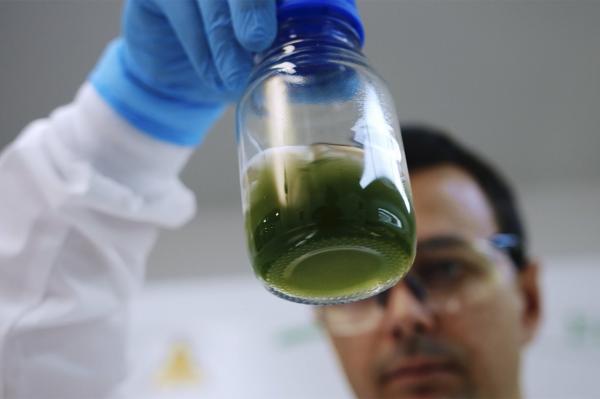USC Australia is set to play a key role in a Marine Bioproducts Cooperative Research Centre (MB-CRC) that was announced today by the Australian Government.
The centre, to be led by Flinders University in Adelaide, will include 68 Australian and international research, industry and government partners working collaboratively to transform Australia’s emerging marine bioproducts sector into a sustainable, clean and globally competitive industry.
The consortium will fast-track the growth of Australia’s next generation of marine bioindustries to meet growing global demand for certified, safe and sustainable products including plant-based proteins, nutraceuticals, omega 3 oils, cosmetics, agrochemicals and bioplastics.
In announcing the MB-CRC, the Australian Government committed $59 million to kickstart the wide-ranging, decade-long research and development program that is expected to drive new high-value products, commercial technologies and employment opportunities.
Its CRC program supports industry-led collaborations between industry, researchers and the community with a focus on research and development that will have commercial uses.
MB-CRC research director Professor Wei Zhang of Flinders University said much of Australia’s diverse marine bioproducts were yet to be explored and developed for new and improved health, nutrition, aquaculture, agriculture and biomaterial applications.
“The global marine biotech industry is rapidly expanding, with an estimated value of more than $176 billion,” Professor Zhang said. “We are particularly excited because this program will enable our researchers to build the marine bioproducts industry with a focus on jobs growth and sustainability.”
USC’s involvement in the MB-CRC will include work by its GeneCology Research Centre, which offers unique expertise in analytical science and molecular biology.
USC Deputy Vice-Chancellor (Research and Innovation) Professor Roland De Marco said the MB-CRC was a fabulous opportunity for USC to stamp its authority in the field of biodiscovery, which is one of the University’s key research strengths.









